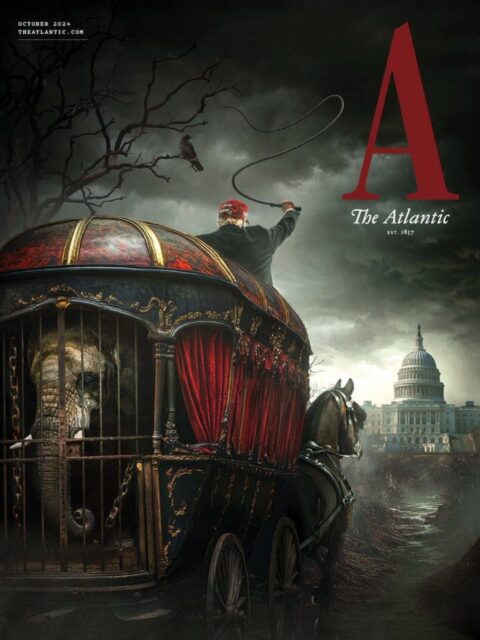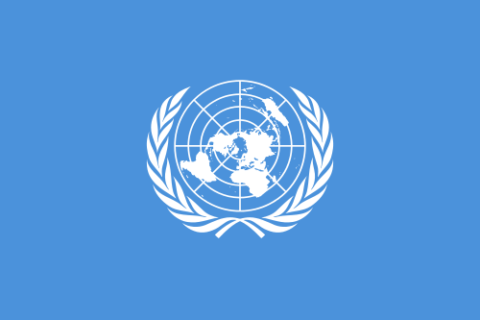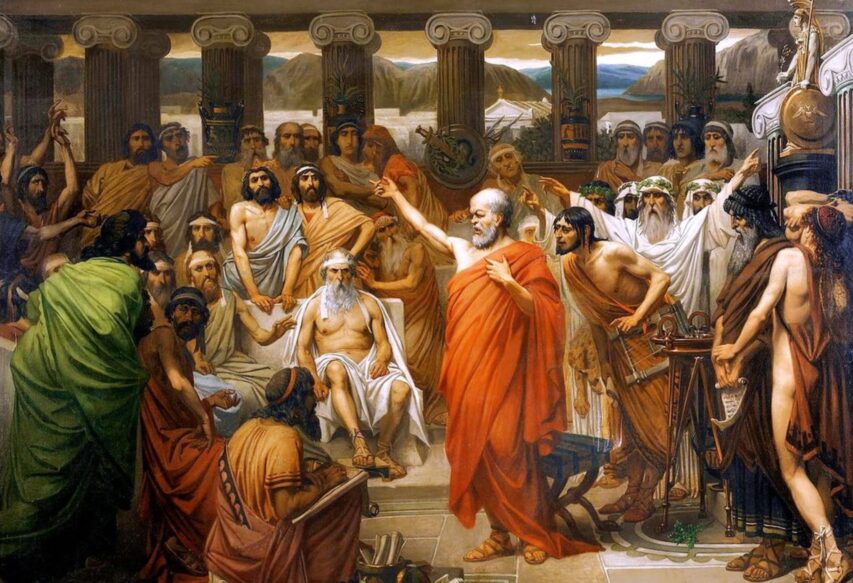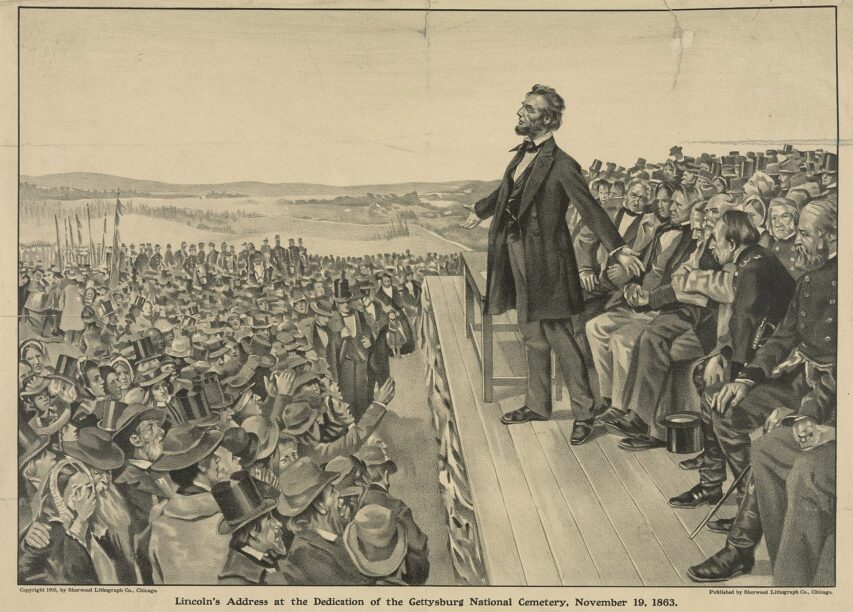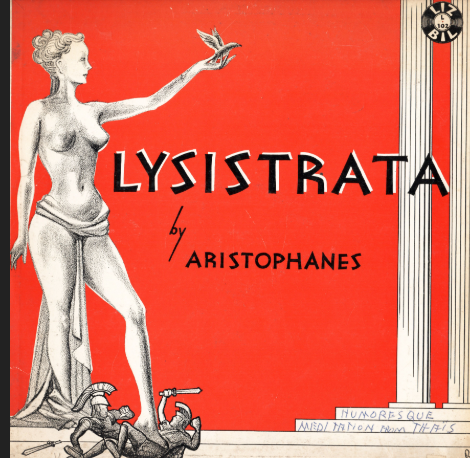I sent the URL to Andrew Sullivan’s article I linked to yesterday to Severian to see what he’d make of it. He certainly didn’t disappoint me:

Founding Questions coat of arms by “urbando”.
The Latin motto translates to “We are so irrevocably fucked”.
Because someone like Andrew Sullivan is the kind of guy he is, we might have a good example to hand of a mentalités approach to History [Wiki]. We can all play along, because the key to a mentalités approach is a version of our favorite game, “For That to Be True”. Let’s see if we can’t ferret out some of Sullivan’s cultural assumptions here, and what that might tell us about our world.
There was something truly surreal about President Biden suddenly changing course and agreeing to give Ukraine advanced long-range missiles to attack deep inside Russian territory in the last two months of his administration. There was no speech to the nation; no debate in the Senate; just a quiet demonstration of unilateral presidential fuck-you power. You know: the kind we’ve long worried about with Donald Trump.
A couple things stand out immediately. The great thing about fags and chicks as pundits is that they’re hyper-emotional, so they always go for the big splashy adjectives. “Surreal”, for instance (and not just surreal, “truly surreal”). Let us instead return to the cool, rational prose of 18th century diplomacy, and term this a volte-face.
They happen all the time, of course. Indeed it’s one of the standard criticisms of representative government — they’re impossible to deal with, long term, because the volte-face is baked into the system. No agreement is so airtight that it’s not at immediate risk of repudiation if one of the other guys wins the next election. This is Diplomacy 101.
So, there’s the first assumption we need to examine: Since this kind of thing does, in fact, happen all the time — as any professional political analyst surely knows — why does this particular volte-face seem so “truly surreal?”
Moreover, it’s not as if the Biden Administration has been the model of consistency up to now. Not only is the diplomatic volte-face pretty common, so is the domestic — again, it’s a standard criticism of parliamentary-style government. And not just during election season. Domestic policy changes with the winds, because that’s kinda what it’s supposed to do. Vox populi, vox dei, at least as far back as the early 18th century, and the populi are notoriously fickle.
So why is this one “truly surreal”? If I were one of those Peter Turchin or Steve Sailer types, I’d plug all the Biden Administration’s policy decisions, foreign and domestic, into an Excel sheet and graph the changes. You know, plotting “variance ratios” against “consistency coefficients” and whatnot. It’d be all over the damn place, for reasons we here in this clubhouse call “The Do Long Bridge” — Brandon is the titular head of government, but there ain’t no fuckin’ CO, and if you look at the spastic incoherence of “Biden’s” policy decisions you’d see it plain as day.
It seems extremely unlikely, to put it no stronger, that a paid political analyst like Andrew Sullivan doesn’t see that. So either he does see it, but is pretending not to, for fun and profit — possible cultural assumption #1 — or he truly doesn’t see it, which would be revealing of cultural assumption #2.
I can’t decide which is which yet, but I can see a common denominator for both. It’s the last sentence I quoted in that paragraph:
You know: the kind we’ve long worried about with Donald Trump.
There’s a whole world full of embedded assumptions there. Does Trump actually do that — “a quiet demonstration of unilateral presidential fuck-you power”? […] To me, it sure looks like Trump was actually remarkably restrained when it came to unilateral demonstrations of presidential fuck-you power, alas, compared to Biden and especially Obama (he of the infamous pen and phone). And the few times he tried, he got Hawaiian Judged to hell and back. But since I don’t have my Steve Sailer graph to hand, I’m not going to assert that (maybe it’s one of my assumptions — I really want to see Trump exercise some fuck-you power).
And the verb is extremely interesting. They’re worried about Trump doing it; they’ve heretofore not been bothered by Biden doing it.


